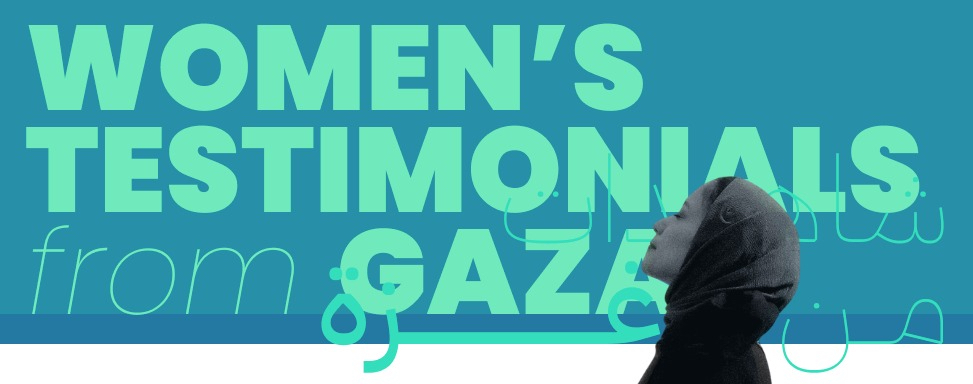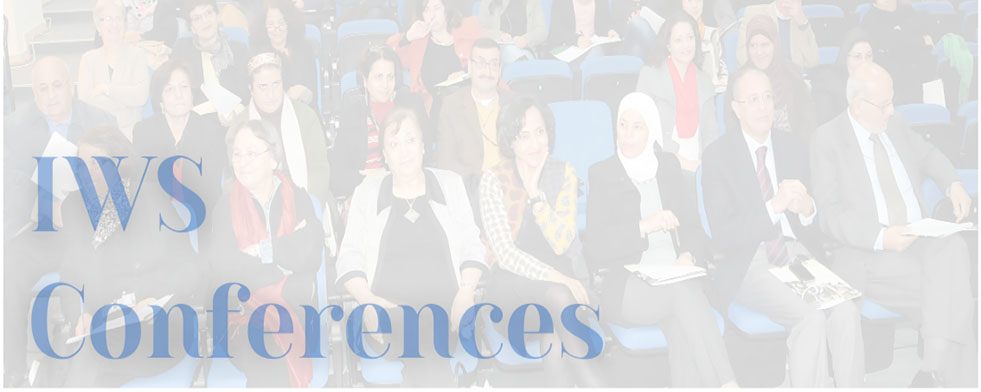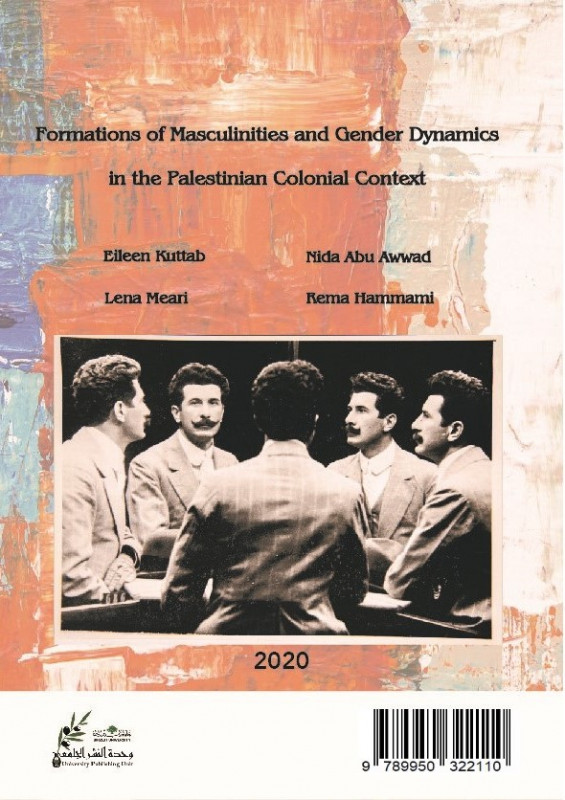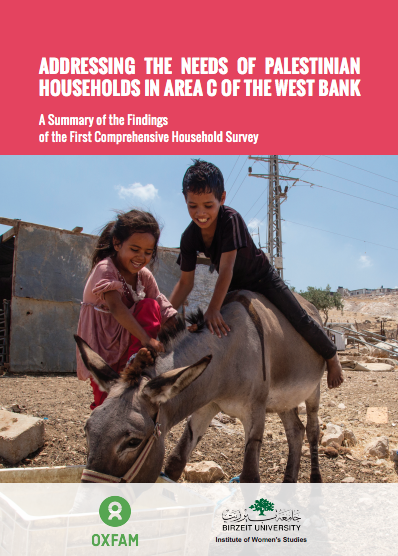Gender strategic planning in Palestine - pdf
Year: 2023
Author- Rania Abu Daff
Supervisor: Islah Jad
Discussion Committee: Rema Hammami & Amira Silmi
Abstract
This study represents a modest attempt to present a critical analysis of gender strategic planning in Palestine in general, and examine its consistency with the historical context experienced by the people and the Palestinian cause after the signing of the Oslo Agreements in 1993 in general and the reality of women in Palestine in particular, the extent to which it is affected by values and biases of those in charge of planning, its relationship to international frameworks and approaches to gender analysis and planning, and its ability to achieve its desired goals, by focusing on the current strategic plan (National Cross-Sectoral Strategy for Promoting Gender Equality, Justice and Empowerment of Women 2017-2022), whose name was modified after the review of the first three years To (National Cross-Sectoral Strategy for the Promotion of Gender Equality 2020- 2022).
The argument of the study was that the Palestinian gender strategic planning may not be based on an objective awareness of the lived reality of women’s conditions in the rest of historical Palestine (West Bank, Gaza and Jerusalem), and the need to work on changing it from below and with the participation of women themselves, but it may depend on the effectiveness of the higher planning committees, partner institutions, and government bureaucracy, and the influence of international institutions’ trends, the adoption of global gender planning frameworks that misses the specific context, as well as the interests, values, and biases of planners and decision-makers themselves.
In the study, the qualitative approach was used through in-depth / semi-structured interviews with representatives of official, civil and international partner bodies and frameworks concerned with gender strategic planning, in addition to the use of various approaches such as gender planning discourse analysis and content analysis, as well as the observation method, through participation in the meeting of national bodies and committees concerned with drawing up and updating national and cross-sectoral strategic plans, and attending the activities and events of women’s organizations related to gender strategic analysis and planning.
The study concluded that gender strategic planning in Palestine is closer in the convictions and behavior of planners, Palestinian official bodies and partner institutions to gender planning for the post-conflict, independence and state-building phase, which distances its goals and priorities relatively from its concrete Palestinian national context and the actual needs of Palestinian women, focusing it in The agenda of liberal and neoliberal international organizations, giving priority to harmonizing national laws, legislation and policies with the principles and provisions of international agreements, treaties and resolutions, drawing on the obligations and responsibilities of the State of Palestine as a result of its accession to it and to obtaining the necessary funding and the satisfaction of financiers and international institutions. The Palestinian planner adopts the framework and approach of gender mainstreaming, dedicating through its practice the central planning from top to bottom away from participatory and limiting it to the West Bank, which reinforces the division. It is also a non-politicized technical planning that is closer to analysis and suffers from a schizophrenia between the theoretical side and the practical application.
Accordingly, the study recommends that the Palestinian planner and Palestinian women leaders should re-examine the Palestinian context for gender relations in a deeper and more objective way, define the practical, strategic needs and interests of women more precisely, involve the feminist base in formulating gender strategic plans, and make planning more participatory by changing its direction so as to marry between the upper and lower tracks, in full partnership between the West Bank and the Gaza Strip. In addition, there is a need to reconsider the task of national liberation for the Palestinian feminist movement in the face of the occupation and the related tasks, methods and forms of work. The study also recommends working towards a positive override of the gender mainstreaming framework and approach by making use of various approaches within the framework of gender analysis and planning, the necessity of linking theory and practice, and focusing on the political dimension related to the strategic interests and needs of women, so that planning can drawing programs and policies that take into account the Palestinian peculiarity of unique dimensions resulting from the distortions inflicted on the prevailing economic, social, political and cultural structures resulting from the continuation of the occupation and the relations of colonial, neo-colonial domination and neo-liberal globalization, the presence of a legally, politically and economically restricted authority, and a mixed, distorted and divided political system.
Keywords: Gender planning; Gender mainstreaming; Palestinian privacy; Strategic needs of women; The colonial and neocolonial context.
Download



